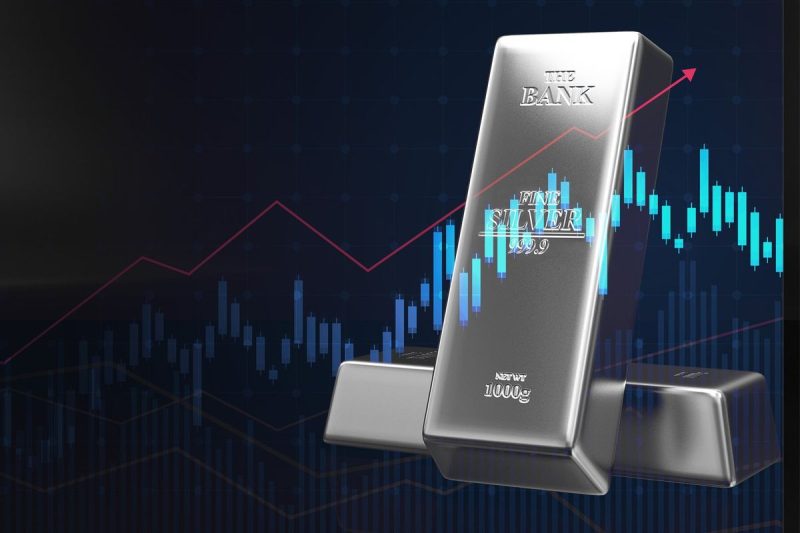Silver Bullion: A Prudent Investment Choice
The allure of silver as a precious metal has captivated investors for centuries, with its intrinsic value and historical significance making it a popular choice for those looking to diversify their investment portfolio. But is investing in silver bullion still a wise decision in 2024?
One of the key reasons why investors flock to silver is its dual nature as both a precious metal and an industrial commodity. This unique combination gives silver a level of versatility that other investments often lack, making it a valuable asset during times of economic uncertainty. As a safe-haven investment, silver tends to hold its value well during market downturns, providing a level of stability that can mitigate risk in a diversified portfolio.
In addition to its role as a safe-haven asset, silver also has strong long-term growth potential. The increasing demand for silver in various industries, such as electronics, solar panels, and medical applications, underscores the metal’s industrial utility and points to a steady rise in demand over the coming years. This growing industrial demand can create a bullish outlook for the future price of silver, making it an attractive investment opportunity for those looking for long-term capital appreciation.
Another advantage of investing in silver bullion is its liquidity. Unlike some other investments that can be difficult to sell quickly, silver is a highly liquid asset that can easily be converted into cash when needed. This liquidity makes silver an attractive option for investors who value flexibility and want to be able to access their funds easily.
However, like any investment, silver bullion carries some risks that investors should be aware of. The price of silver can be volatile, subject to fluctuations in the global economy, geopolitical events, and other factors that can impact supply and demand. This volatility can lead to significant price swings in the short term, potentially affecting the value of a silver investment.
Additionally, investors must consider storage and security costs when investing in physical silver bullion. Unlike some other investments that can be held electronically, silver bullion requires safe storage to protect against theft or damage. These storage costs can eat into potential profits, especially for smaller investors or those with limited resources.
In conclusion, investing in silver bullion can be a prudent choice for investors looking to diversify their portfolio and hedge against economic uncertainty. With its dual nature as a precious metal and industrial commodity, silver offers a unique combination of stability, growth potential, and liquidity that can help protect and grow wealth over the long term. However, investors must carefully consider the risks and costs associated with investing in physical silver bullion before making a decision.
